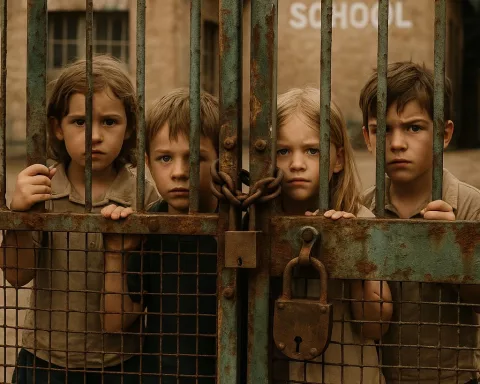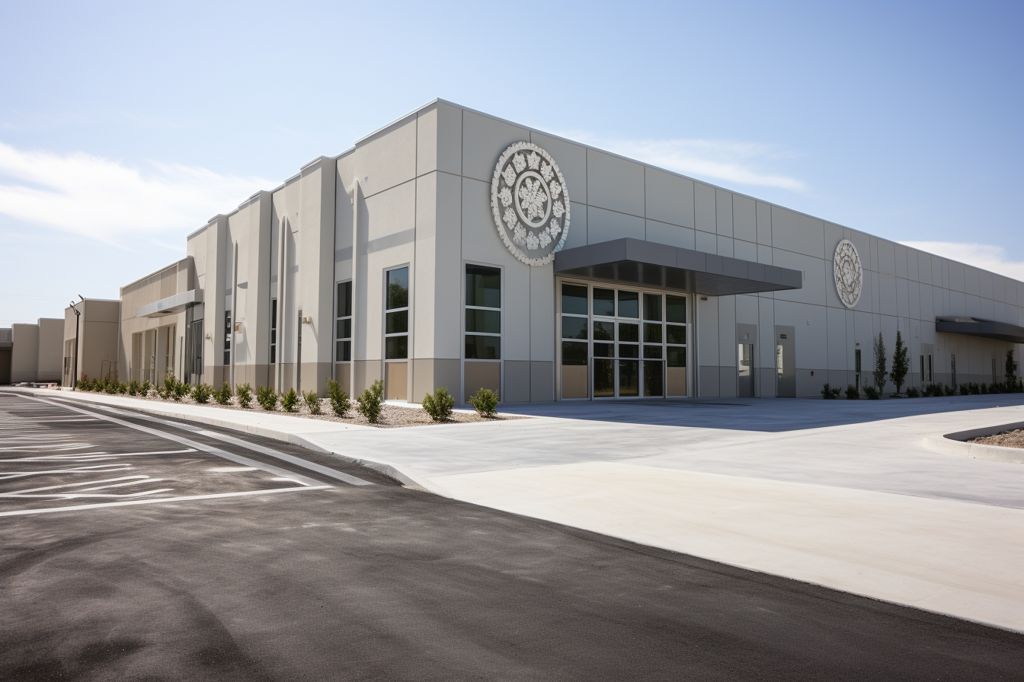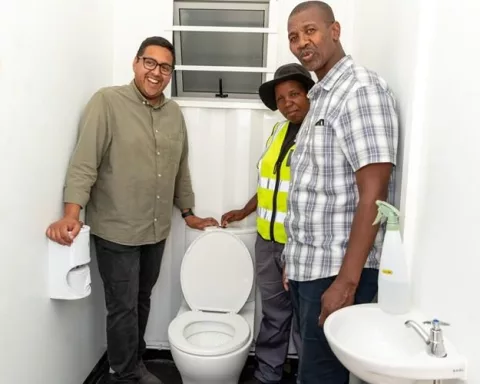The Western Cape’s Department of Education experienced a marked increase in student attendance following the end of an eight-day taxi strike that caused significant disruptions to teaching and learning. At the peak of the unrest, approximately 852,000 students and 17,700 staff members were absent. However, a recent update by MEC David Maynier has revealed that 89% of the total student body, equivalent to 1,074,649 students, have since returned to their classrooms. Additionally, 93% of the school workforce, comprising 52,271 staff members, resumed their duties this week.
Maynier Urges Parents to Collaborate with Educational Institutions
MEC David Maynier expressed satisfaction with the improved attendance but acknowledged that it slightly fell short of the desired norm of around 92%. He called on parents to collaborate with educational institutions to ensure their children’s return to school, emphasizing the importance of having students in classrooms to help them get back on track academically.
Misinformation Poses a Challenge
As the minibus taxi strike ended, false information circulating about school closures and potential threats to educational facilities posed a challenge. Maynier noted that due to misinformation regarding the resumption of the taxi strike, some concerned parents had prematurely collected their children from school on Monday. He called upon the public to be cautious and refrain from sharing unverified news.
Department of Education Remains Committed to Restoring Normalcy
The Department of Education is committed to restoring normalcy to the education system after the disruption caused by the taxi strike. It encourages parents, students, and the community at large to collaborate in ensuring a smooth return to regular schooling activities.
External Factors Can Hamper Students’ Learning and Development
The taxi strike’s impact on education in the Western Cape serves as a reminder of the many factors that can influence the academic progress of students. With schools already facing challenges in the COVID-19 era, external factors like transportation strikes can further hamper students’ learning and development. It is crucial for parents, schools, and communities to work together to minimize these disruptions and create a conducive environment for students to thrive.
Collective Effort in Supporting Students
As the Western Cape’s education system continues to recover from this setback, it is essential to recognize the importance of a collective effort in supporting students’ return to normalcy. The Department of Education’s appeal to parents highlights the significance of collaboration between families and educational institutions in ensuring a robust academic environment for learners.
Prioritizing Education and Well-being of Future Generations
In an ever-changing world replete with uncertainties, it is vital for society to prioritize education and the well-being of future generations. The Western Cape’s efforts to restore normalcy in the wake of the taxi strike exemplify the resilience and adaptability of both educational institutions and the communities they serve. Such tenacity and determination will undoubtedly help create a brighter future for students and bolster their journey to success.












